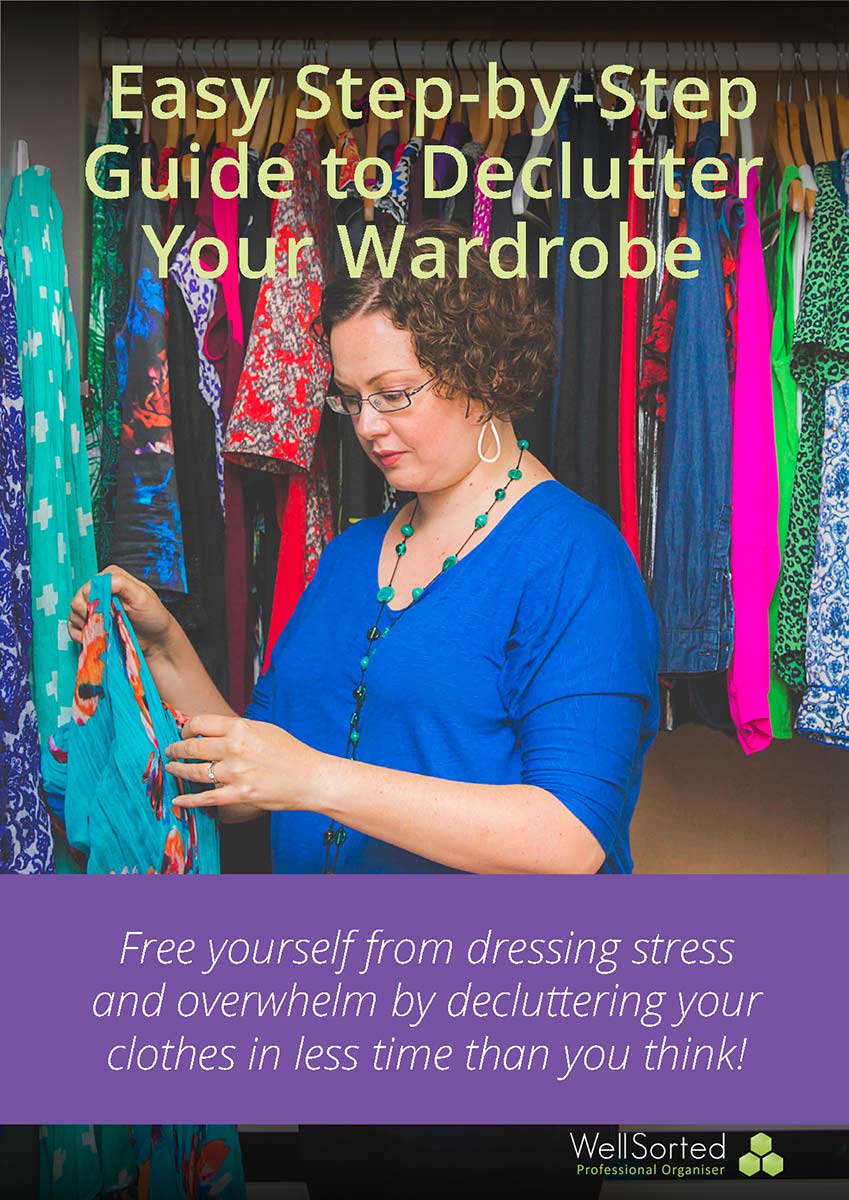When you live with others, how do you encourage them to sort out their stuff? There is one question which I find to be the most helpful to motivate other people to declutter and organise their things. That question is, “How do you feel in this space?”
Finding Motivation for Decluttering & Organising
Finding the motivation to declutter can be challenging. A helpful starting point is to become aware of how you feel in an uncluttered space. This is true too when it comes to helping others to commit to decluttering an area.
Try This Exercise
Try this visualisation exercise yourself. Imagine a place where you love to hang out. Perhaps think of a place you like to go on holiday and you’re in the uncluttered hotel room or Airbnb. What does the space look like? Is it clean or dirty? Is it tidy or cluttered? What does it smell like? Is the airflow fresh and flowing nicely or stagnant and still? Does it have a pleasant, clean smell or is it a bit funky? How do you feel in the space? Calm? Stressed? Do you want to stay or leave? Can you find the things you want or are they lost in the clutter?
Ok, now consider a cluttered room. Imagine the space filled with boxes, piles of stuff all around. Go through the same questions? How does the room look, smell and feel. What feelings come up for you imagining a cluttered space?
Help Connect Others To Their Feelings
Now you’ve tried this exercise for yourself, you’ll understand how helpful connecting to your feelings can be to find the motivation to declutter and organise.
If you’re trying to convince others in your house to be organised, or declutter a space, helping them tune in to their feelings is very helpful. Guide them to connect with how a messy room and a tidy room make them feel. Generally speaking, most people feel overwhelmed and stressed or worried in a cluttered environment. In an organised space they feel calm, focused and relaxed.
For example, if you’re trying to convince your kids regularly to tidy up their toys, it can be great to connect them to these feelings. When it’s all tidy, get them to tune in to how it feels to be in the clean and tidy room. Can they find what they want? Is it fun to play in there? When the room is next out of control, check-in with them again. When they’re sitting amongst a mountain of toys, and they’re frustrated that they can’t find “Little Bunny”, connect them to the feelings of frustration and sadness they are experiencing. You can then make them aware that they have control over this out-of-control feeling. Over time, they will recognise the benefits of tidying up.
This doesn’t mean, of course, that they will magically clean it up when you ask. When their room is out of control and a mess, overwhelm sets in for them just like it does for us. So you can then offer a suggestion on how to get started such as, “Why don’t you pop your blocks away?” Show them how to take one step and then the next to regain the feeling of calm they had when the room was tidy.
When you are helping another adult, not your child, offering one first step is still helpful. Overwhelm is very real and sometimes we need help to see the first step forward even when the path is still obscured.
Everyone Feels Differently
Keep in mind that everyone’s expectations and feelings are different. Your idea of tidy and organised is different to mine or your child’s. I mention this because sometimes when you ask someone to connect in with the feeling of an uncluttered room, they might actually feel okay with it. So if you hear them say that it’s fine, they’re comfortable, then take some time to reflect on that. Are your expectations higher than theirs? Can you come to a compromise as to what is acceptable?
If you think their view of uncluttered is unreasonable, unclean, unhygienic or damaging to them in some way, then maybe there’s more to it. Some will feel safe with stuff around them. Some feel comforted and less alone. They may have hoarding disorder. Either way, talking openly about stuff and how they feel around it (or not being around it) can give you some talking points to bring awareness to it. They might even want to discuss it further with a psychologist.
There you have it, the one question to ask to encourage others to sort out their stuff. Here’s a question for you… How does a cluttered room make you feel? Do you feel calm or stressed or something else? Come and share your thoughts in the WellSorted Facebook Group.







